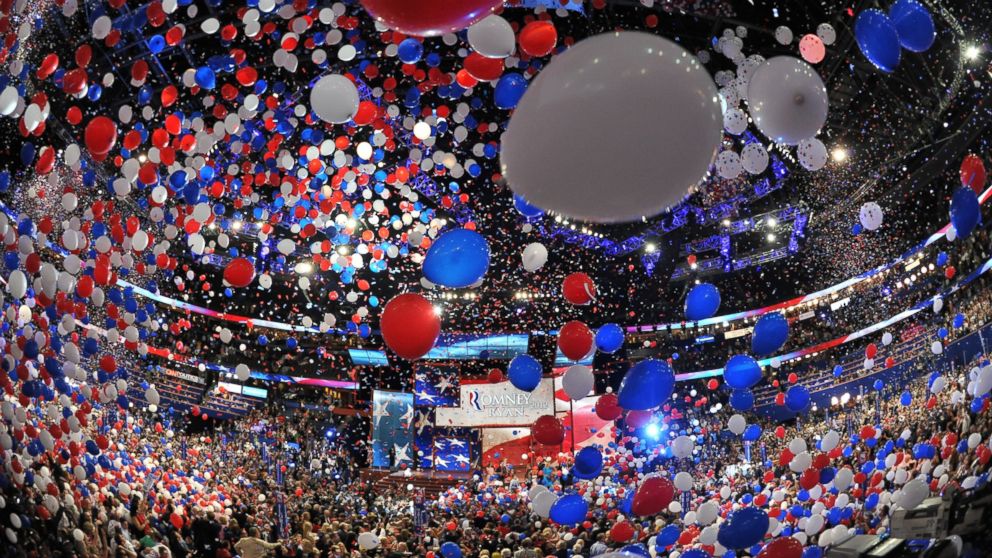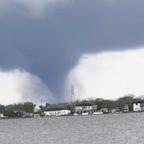The Free-Agent Delegates Who Could Decide the GOP Nomination
At least 135 delegates can vote however they want at the GOP convention.

— -- The GOP delegate scoreboard is dominating political news - but it doesn't tell the full story of the battle for the Republican nomination.
Wildcard delegates who are free to vote for whomever they want at the convention could either grant the GOP nomination to Donald Trump or send the party into a contested convention.
That means state party insiders huddling over the next two weeks in places like North Dakota and Colorado, or voters casting ballots in Pennsylvania and West Virginia, could be crucial to whether Trump can reach a majority of delegates.
At least 135 delegates – roughly 5 percent of all delegates - will be entirely free agents at the convention. These delegates function essentially the same way as “superdelegates” on the Democratic side. Most of these delegates have not yet been selected and those who have still haven’t revealed who they intend to support.
Three states hold most of the unbound delegates: Pennsylvania (54), North Dakota (28) and Colorado (up to 37). Other unbound delegates come from U.S. territories, states with a proportional delegate thresholds and some delegates previously assigned to Marco Rubio.
Here’s what we know so far about these free agent delegates:
1. Pennsylvania – 54 unbound delegates
Fifty-four out of the state’s 71 total GOP delegates are elected directly on the ballot on April 26 – all without saying which candidate the delegate plans to support. Delegates can informally say they support a candidate, but they will not appear on the ballot with a candidate’s name attached nor are any informal pledges binding. The other 17 delegates from the state are bound to the candidate who wins the statewide vote.
2. North Dakota – 28 unbound delegates
The GOP stronghold of North Dakota also plays a huge role. All 28 delegates from North Dakota will be unbound on the first ballot and will be chosen at a state convention slated for April 3. An 11-member state party panel will score delegate applicants based on certain criteria, including history of work for the party, donations and candidacy, and submit a list to the convention of top choices. The full convention then votes on each individual delegate.
3. Colorado – between 3 and 37 unbound delegates
No one will be snoozing during these crucial state meetings in Colorado next week. Twenty-one delegates are elected at local party meetings during the first week of April and 13 delegates at the state convention on April 9. Some delegates who pledge themselves to certain candidates will be bound, but other delegates candidates can also choose to be unbound.
4. U.S. Territories – 27 unbound delegates
The U.S. territories may be able to tip the balance. In American Samoa, nine delegates were chosen at the territorial caucus on March 22. They are all unbound, but so far, one supports Cruz and one supports Trump. In Guam, nine delegates were chosen at the territorial convention on March 12. They are all unbound, and so far one supports Cruz. In the Virgin Islands, nine delegates will also be free agents after a rules dispute is resolved.




